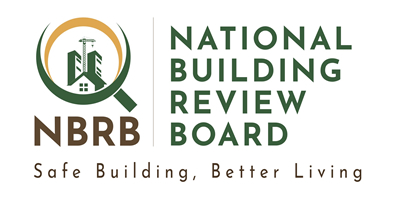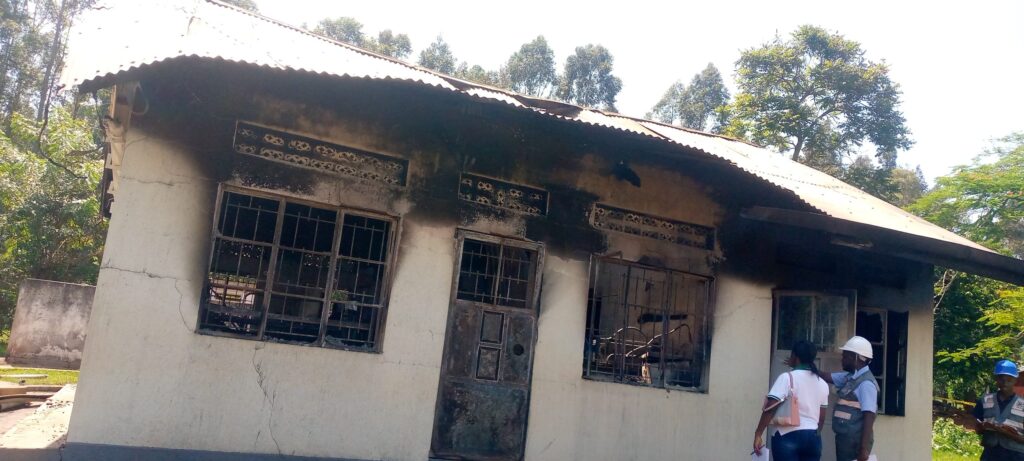Fire outbreaks in schools have happened and continue to happen; no school is safe from this problem, more so schools with boarding facilities. Investigation findings by the National Building Review Board (NBRB) a body mandated to ensure safety of the built environment have revealed that our practices are contributing to the scale and severity of the consequences of these fires. For instance, many dormitories are built with alternative exits for emergency evacuation purposes, and yet we have the school administrations blocking off these exits with beds so that they can accommodate more learners; an act that is greatly compromising safety. The learners hung their mosquito nets on wooden trusses, providing a quick route for a fire. To make matters worse, some hung their clothes on the electrical cabling risking electrocution and short circuiting.
In April 2008, the country awoke to a tragedy of a fire in Buddo Junior primary school that resulted in the deaths of many young children. The wave of horror travelled across the country. Accordingly, government, through a coordinated effort involving several ministries, agencies and Uganda police, came up with and disseminated guidelines for schools that same year, to address the gaps. Sadly, schools looked at these guidelines as just a box to check; the administration locks away the extinguishers in the stores, the majority have equipment that is not functional (not serviced). Henceforth, the situation has not improved. In 2022 the police department of Fire Protection and Rescue Services recorded 61 fire out breaks with 18 lives lost. Among these are the 12 pupils of Salama School of the Blind who perished a fire that gutted their dormitory in October.
The children implore us to play our part;
The school administration – legislation and guidelines have been issued for implementation, make fire safety part of your routine; seek guidance on aspects that are not clear; talk to the learners about the fire equipment in order to obtain buy-in so they don’t vandalize the equipment; caretakers should not be allowed to cook from the dormitories or even near the dormitories, learners should not stay in dormitories when sick, they should be accommodated in the sick bay; the security of the school is very fundamental; maintain serviced fire equipment, carryout fire drills frequently; removing burglar proofing in windows of the dormitories to avoid trapping the children during emergencies – many more interventions from the school administration should be done.
Parents – we have a responsibility to ensure our children are in a safe environment, it is therefore our duty to notify the authorities when we feel the safety of the learners has been compromised. Many times, schools make tradeoffs, crowding dormitories so as to have bigger numbers – what tradeoff is worth the life of your child. We should also check our children’s belongings and ensure there are no igniters or risky objects.
Regulators – the country is counting on us; in the past, it may not have been as clear, the cost of not doing our job or doing a poor job is our children’s lives. Every time we check that faulty extinguisher and turn a blind eye or even file false reports, we are failing our children. A recent report by a committee set up by the minister of Works and Transport revealed that the legislation on fire safety was sufficient to avert the situation, however the enforcement arm was very weak – which essentially means we are not doing a good job. Anything less than a great job is endangering our children.
General public – the public has the advantage of a bird’s eye view in all this. You are able to see the wrong happening in the schools, the learners threatening to attack a school, the administration providing an unsafe learning environment, a corrupt regulator selling the safety of our children and many more. You have a duty to report to the relevant authorities.
Counseling of the learners is for all parties
The learner also has a big role to play. All the other players can only facilitate a safer environment, it is up to the learner to ensure they follow guidance and come out alive.
Let’s all be proactive and use lessons from our past experiences.
Play your part
Eng. Kobusinge Irene,
Senior Investigations Officer, National Building Review Board (NBRB)

